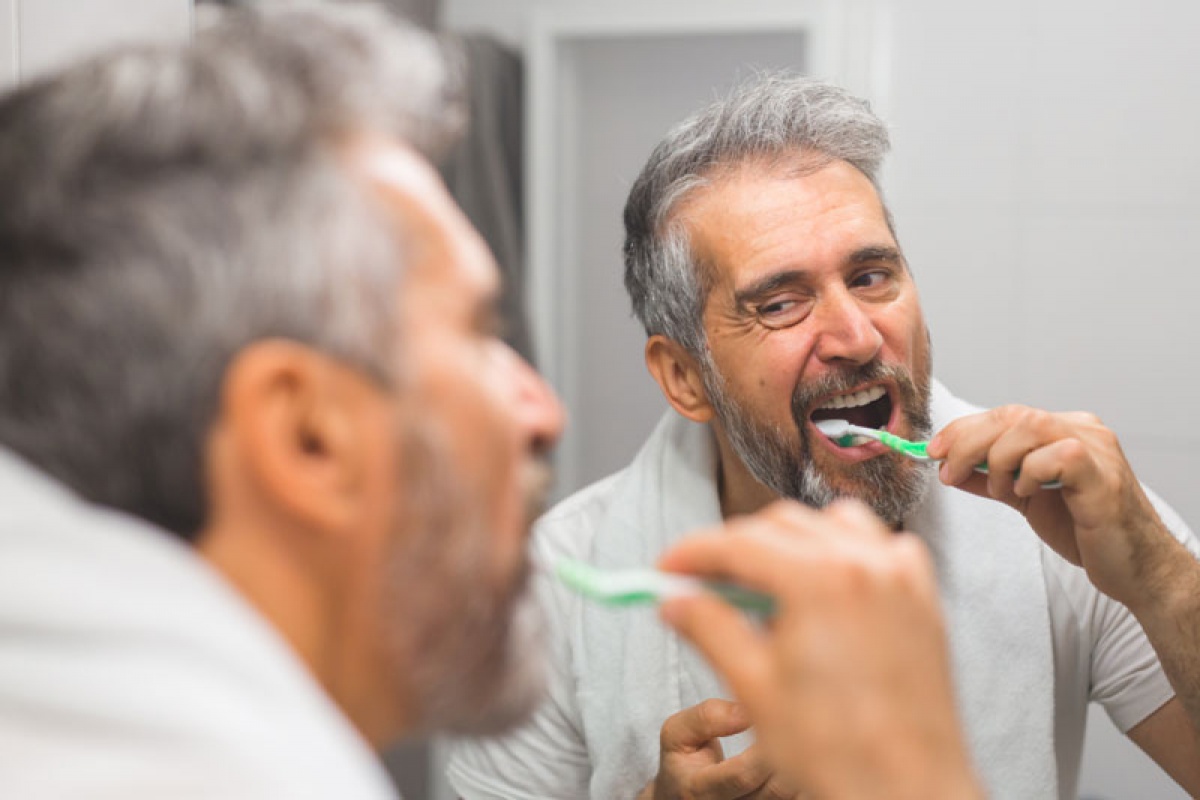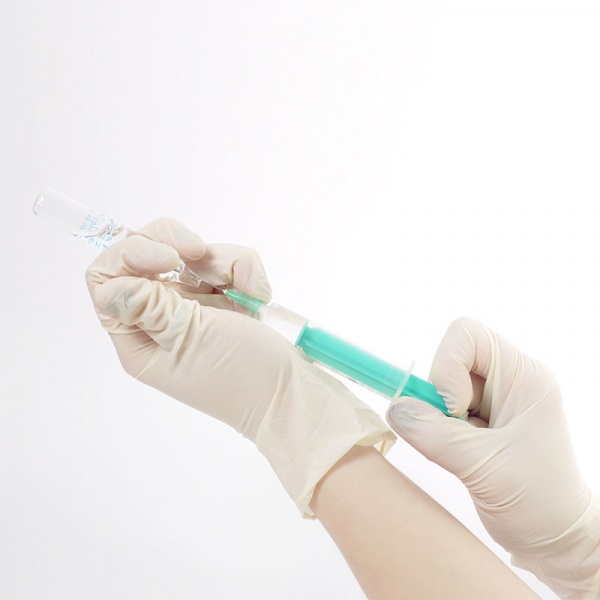How to take care of my oral hygiene also at home?
Scientific evidence proves that with a very thorough home oral care it is possible to remove only up to 42% of plaque and clean only 40% of the dental surfaces.
It is for this reason that home hygiene has to be integrated with in-office professional oral hygiene sessions, performed by qualified staff such as the dental hygienist, who is of support to the dentist also when motivating the patient to an ideal dental care and teaching the correct brushing techniques.
A good home oral hygiene is an excellent way to take care of each person’s smile, and it is even more so when adequate instruments and techniques are used.
TOOTH BRUSH: dimension and stiffness of the brush have to be chosen according to the brushing skill of the patient: manual brushes allow a better control of the movement, though electric toothbrushes are suggested for unskillful patients. The use of a sonic tooth brush, with its gentle and fluid movements, is suggested in case of tooth sensitivity.
It is however the dental hygienist who has to suggest the patient the best type of brush to be chosen according to dental anatomy, potential pathologies and gingiva health.
DENTAL FLOSS: floss is a crucial ally of the toothbrush for a good home oral health, considering it can reach over the gingival margin whereas a brush does not.
Superfloss is a particular kind of floss, consisting in a soft body and a semi-rigid end, mostly indicated in cases of patients presenting bridges (which would be hard to clean otherwise) or undergoing orthodontic treatment with fixed braces.
PIPE CLEANER: this small cylinder-shaped brush can easily remove plaque in interdental regions: dental hygienist suggest its use and dimension according to the patient’s shape of teeth and gingiva.
The hygienist and the dentist may suggest to integrate the use of brush, floss and pipe with mouthwash (even if only periodically): the dental professionals will suggest concentration and use instructions.

